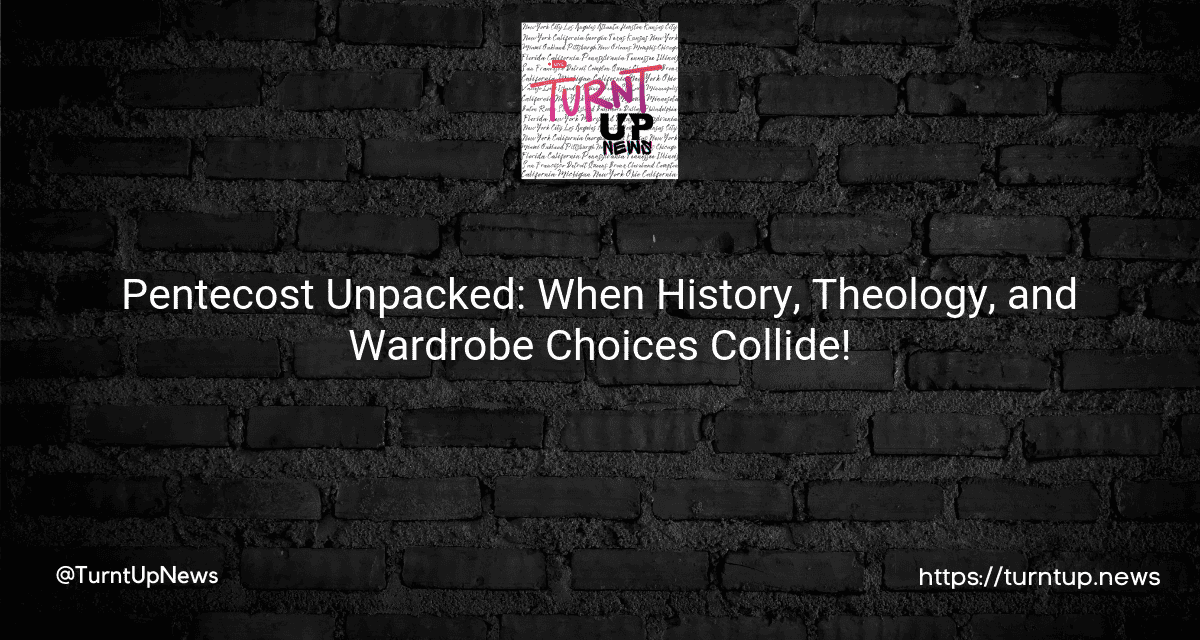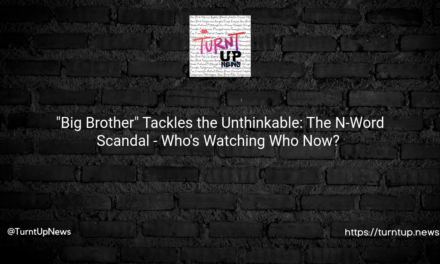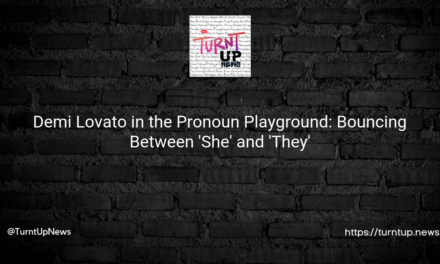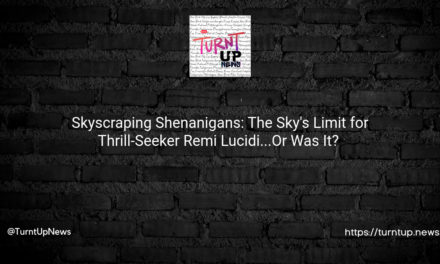🕊️💥Pentecost Unpacked: When History, Theology, and Wardrobe Choices Collide!
TL;DR;
Oh boy, get ready to 🌀down the historical rabbit hole, folks! Pentecost, or Whitsunday if you’re feeling fancy, is a Christian festival packed to the rafters with tradition and symbolic garb! Celebrated 50 days after Easter 🐣, it marks the moment the Holy Spirit descended on Jesus’ apostles and followers post-crucifixion. But wait, there’s more! 💁♀️ The festival has its roots in Judaism, where it was initially a thanksgiving for the wheat harvest, and later got tied to the giving of Law by God to Moses. Yes, you’re allowed to say “Whoa!” 🤯
Now, we don’t know when Pentecost started getting the party hats out in Christian history. But it was alluded to as early as the 2nd century in a work from the Eastern Church, and then got shout-outs from Origen, a bigwig theologian from Alexandria, and Tertullian, a revered Christian scribe from Carthage, in the 3rd century. 🕵️♂️ The plot thickens!
In its early days, the whole 50-day period post-Easter was referred to as Pentecost by Christians. Interesting, huh? 🤔 Now, if you’ve ever wondered why some people opt for a refreshing spring dip in the baptismal waters on Pentecost, let’s just say it became a trend over Easter baptism in Northern Europe. Add a dash of fashion, and you get newly baptized folks sporting crisp white clothes, earning Pentecost its alter ego name, White Sunday or Whitsunday in England. Talk about making a splash! 💦👗
You’ll find Catholic and other Western churches donning red during Pentecost, with priests and congregation members alike repping the color. They’re not just feeling fiery, folks. They’re symbolizing the “tongues of fire” that descended upon the disciples from the Holy Spirit. Even the altar gets in on the fashion action with a red frontal cloth. 🕍🔥
Yet, we must ask: What makes Pentecost such an enduring symbol? It’s a fascinating intersection of tradition, theology, and even a bit of fashion sense. But in an increasingly secular world, does the relevance of Pentecost continue? 🌍🤷♂️ It’s a tale as old as the church itself. But we leave you with a question to chew on: As modern interpretations of faith evolve, how do you think the symbolism and celebrations of Pentecost will change? Will they remain tied to their historical roots, or take on new forms to resonate with the digital, post-modern era? 🕊️📲 Let us know your thoughts in the comments!





